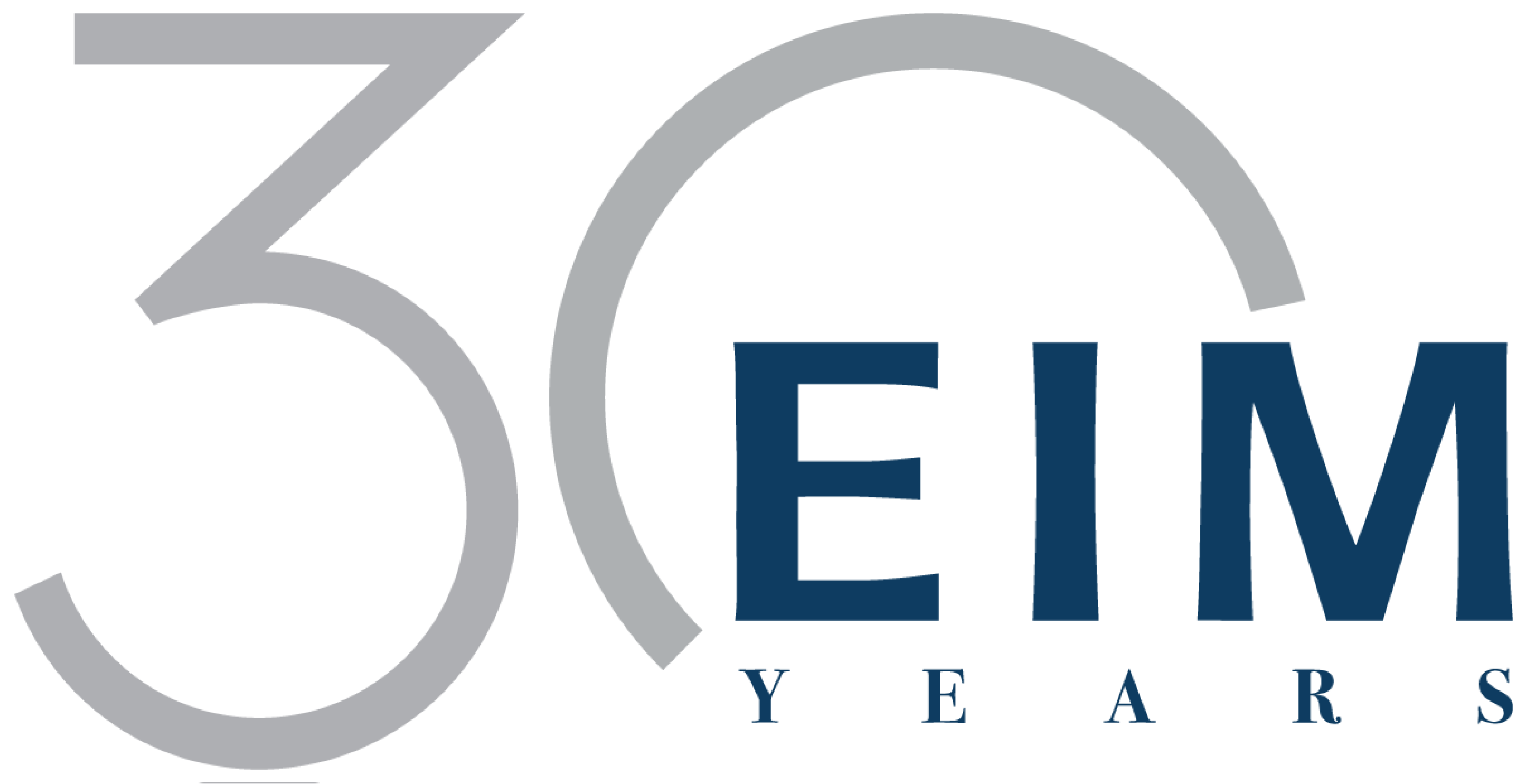
Agility Update March 2024
Welcome to the first issue of Agility Update for 2024. As the Easter break comes up, Agility Update offers 3 articles to whet your appetite for growing your business. All are evidence-based and backed up by statistics and trends – from global and industry surveys to internet search statistics and trends. Links are embedded in all 3 articles for you to explore further. Enjoy.
CEO ‘Reinvention To Do’ List
PwC offers a ‘reinvention to-do list’ for C-suite executives in 8 charts that capture key insights adapted from its global surveys published in 2023. A summary is below, and details are at: A 2024 road map for the C-suite, in 8 charts.
1. Consider your 10-year outlook.
Nearly 40% of respondents to PwC’s 26th Annual Global CEO Survey said their organisation has 10 years or less to survive on its current path. Assess your next decade and set priorities and timelines for your reinvention.
2. Protect time for re-invention.
Respondents to the 26th Global CEO Survey also said they spend more time on day-to-day demands than on reinvention. Make 2024 the year you flip that ratio.
3. Connect the dots between sustainability and strategy.
Most respondents to PwC’s 2023 Global Investor Survey want to see companies make progress on ESG (Environmental, Social and Governance) and understand how ESG spending ties to strategy and value. Prepare to show and tell.
4. Champion experimentation across your organisation.
Findings from 2 PwC polls – the 26th Global CEO Survey and the Global Workforce Hopes and Fears Survey –show a gap between how leaders perceive key aspects of the workplace experience and how employees perceive them e.g. 56% of CEOs believe leaders encourage dissent and debate, while only 33% of employees believe this. Help your frontline managers adopt a coaching style that builds trust by making sure everyone – from the CEO on down – models the kinds of behaviours you want to instil throughout your organisation.
5. Build your ecosystem – or get plugged into one.
A PwC survey of more than 2,000 business leaders showed that top-performing companies are more likely to have a clear ecosystem strategy, generate at least 60% of their revenues from ecosystems, and leverage value from big societal problems that ecosystems can help address. Start by asking: What unique value does my company create, and how would it contribute this to the ecosystem? Your answer will determine the model you need to be in.
6. Invest in AI but bolster your cyberdefense.
PwC’s Digital Trust Insights Survey found that too many business leaders are willing to forgo guardrails in favour of fast adoption when it comes to generative AI. Make 2024 about getting the balance right between enthusiasm and caution, making AI training and governance top priorities.
7. Inspire your people to upskill.
PwC’s Global Workforce Hopes and Fears Survey found that many employees don’t have a sense of clarity about how the skills required for their job might change. Make it a C-suite priority in 2024 to inspire workers.
8. Become a risk pioneer.
PwC’s 2023 Global Risk Survey found that companies that take a value-forward approach to risk are achieving superior outcomes compared with those that manage risk more conservatively. For example, 89% of risk pioneers report they have “already achieved” enhanced customer trust and confidence versus 40% for all respondents.
The Best Industries to Invest In
The 3 best industries to invest in says trend tracker Exploding Topics are:
1. Green Hydrogen
‘Green’ hydrogen is the cleanest form of hydrogen as it is created using clean electricity to power electrolysis – a reaction that splits water into hydrogen and oxygen. In contrast, the most commonly produced ‘grey hydrogen’ is derived from natural gas and releases greenhouse gasses during processing, while ‘blue hydrogen’ uses the same processes but utilises carbon capture and storage technology. Explore how European-based Lhyfe is building production sites for green and renewable hydrogen.
2. Pet Care
Between 2013 and 2021 pet expenditures increased nearly 80%, and total consumer expenditures on pets surpassed US$136B in 2022. Some rising niches in the pet industry include pet supplements, insurance, luxury toys, and premium food. An example to explore is Furbo a pet tech company that builds interactive cameras for dogs and cats.
3. Cybersecurity
The number of data breaches increased at least 20% between 2022 and 2023. Cybersecurity Ventures predicts cybercrime costs across the globe could grow to US$10.5T by 2025 spelling rising opportunities for companies like SentinelOne that specialises in autonomous AI endpoint security, or HoxHunt that train users to avoid phishing and other threats.
Other invest-worthy industries listed in the 4th to 10th spots are:
4. Femtech: Products, wearables, services, and other technology solutions that specifically address the healthcare needs of women.
5. Gene Therapy: Therapies to replace a defective gene with a fully functioning, healthy gene.
6. Autonomous Technology: Autonomous technology takes an automated system, adds sensors, and then incorporates AI to leverage the sensor data and execute actions accordingly.
7. Digital Health: The ongoing shortage of healthcare professionals combined with individuals’ desires to access care and medical information at their convenience is expected to drive growth well into the future.
8. Gaming: Metaverse, AR gaming, mobile gaming, and eSports are all gaining in popularity.
9. Semiconductor Manufacturing: Semiconductors are the key component required in the rapid digitisation of the world. Experts expect nearly three-quarters of that growth to come from three sectors: automotive, data storage, and wireless.
10. Solar Power: Between 2018 and 2023, the solar power industry has grown an average of 19.3% per year.
Statistics and trends in each industry, and examples of emerging players are here.
Technology Tipping Points Coming Up
Savvy executives and investors may like to train their sights on a list of game-changing technologies nearing their tipping points.
Tech research and consulting firm Gartner lists 30 emerging technologies with the greatest potential to disrupt a broad cross-section of markets. Gartner’s Impact Radar for 2024 categorises the technologies into 4 themes and lists those with the highest mass adoption as follows:
1. Smart World: digital twins, multimodal user interfaces (UIs), smart spaces, and spatial computing.
2. Critical Enablers: hyperscale edge computing, tokenisation, quantum processors.
3. Privacy and Transparency: responsible AI.
4. Productivity Revolution: generative AI, Gen-AI enabled virtual assistants, vision transformers for computer vision, and self-supervised learning.
Gartner’s timeline is a relatively short 6-8 years out from today with generative AI sitting at today and Gen-AI enabled virtual assistants sitting at about 3 years from today. In fact, Gartner says: “By 2025, generative AI will be embedded in 80% of conversational AI offerings, up from 20% in 2023.”
In contrast, BCG has a longer horizon listing 5 technologies nearing inflection points in the next 1 or 2 decades. BCG’s quick summary of where each is at today is below:
1. Direct air capture: Around 20 direct-air-capture facilities are operating around the world, and more are being built. Costs are still high, ranging from US$600 to US$1000 per ton of CO2 captured and stored. Industrial scale and wide adoption are expected when costs drop to US$100-200 per ton.
2. CO2 to X: Early stage of value-creating use cases where startups and petrochemical companies with proprietary catalysts and processes are marketing CO2-based sustainable aviation fuel and green consumer products.
3. Synthetic biology: Early stage of value-creating use cases. Startups and consumer goods companies are launching high-end products with bio-engineered ingredients.
4. Quantum computing: Tech giants and research institutes are still experimenting with various quantum computers.
5. Fusion energy: Following the successful replication of fusion ignition experiments, there is growing international research consortia and private startups developing reactors for potential commercial use.

EIM AUSTRALIA
EIM (Executive Interim Management) was founded to meet the need in client organisations for experienced leaders at short notice to facilitate and accelerate change. We are an independent global partnership backed by the experience of over 10,000 assignments worldwide.
Arrange a consultation >